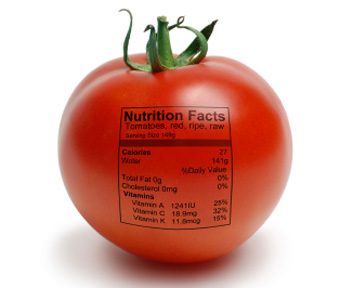
Which food has more nutrients?
There’s no need to spend your hard-earned money on dietary supplements if you really know your nosh. Whether your concern is getting enough folic acid, protein, antioxidants or fibre in your diet, there’s an edible to help you get the nutrients you need. You might just have to get a little creative!
Take our quiz to learn how to choose foods with the most nutritional value. Making simple food choices to favour one nutrient over another, along with a little mixing and matching, will help tune up your diet. Let’s get started.
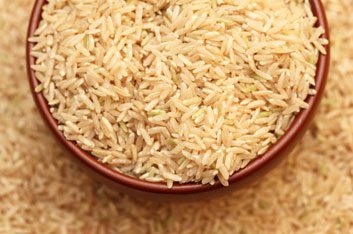
1. Which grain has more fibre?
a) Bulgur wheat
b) Brown rice
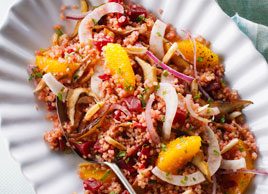
Answer: Bulgur wheat
A 3/4-cup serving of bulgur wheat contains six grams of fibre. In comparison, the same amount of brown rice has three grams.
Health Canada urges women (age 19 to 50) to eat at least 25 grams of fibre per day, but most of us fail woefully. Soluble and insoluble fibre are both essential to a healthy diet: the soluble kind helps control cholesterol and blood sugar, while insoluble fibre will fill you up and keep you regular. The good news is, you can steer clear of prunes and still get enough of this carbohydrate by working whole grains, legumes and other fruits and vegetables into your daily meals.
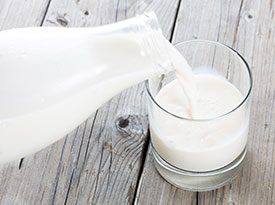
2. Which food has the most hard-to-get vitamin D?
a) Salmon
b) A glass of milk
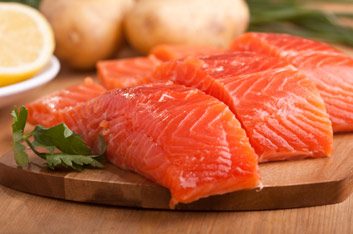
Answer: Salmon
A 3-oz. serving of sockeye salmon has 794 international units (IU) of vitamin D. That’s twice the recommended daily value! Fortified beverages, such as milk and orange juice typically contain 100 to 125 IU, depending on the product.
Watch for vitamin D-enriched mushrooms at your grocery store. Researchers have discovered that exposing mushrooms to ultraviolet light boosts the amount of sunshine vitamin they contain.
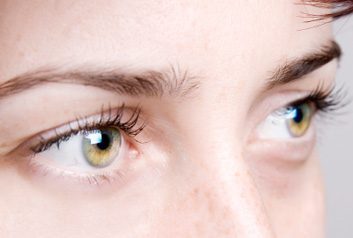
3. Which food has more of the eye-friendly carotenoids lutein and zeaxanthin?
a) Summer squash
b) Brussels sprouts
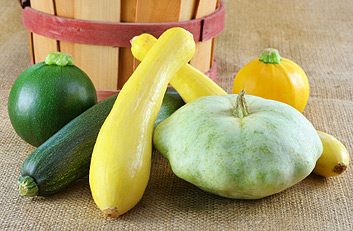
Answer: Summer squash
Summer squash is the winner here. A 1/2 cup (cooked) contains more than 2000 micrograms (mcg) of eye-friendly carotenoids. But Brussels sprouts are no slouch either, boasting about half that amount.
While it’s true that leafy green vegetables such as kale and chard are the best source of these carotenoids (a 1/2 cup of kale contains a whopping 11,860 mcg), there are lots of other delicious options.
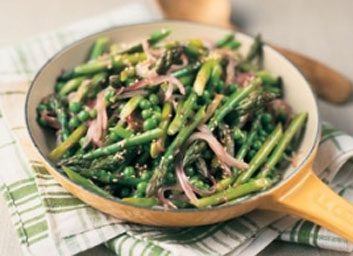
4. Which food has more folate?
a) Asparagus
b) Spinach
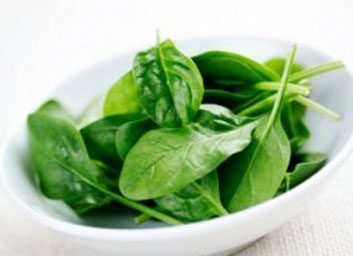
Answer: Spinach
Although Popeye’s food wins this showdown (a 1/2 cup of frozen, boiled spinach has 100 mcg or about 25 percent of the recommended daily value (DV) for women of child-bearing age), asparagus may win out on your dinner plate. Just four spears of this springtime favourite contain 85 mcg of folate.
Fortified breakfast cereals are another easy source of folic acid, but a scan of the cereal aisle proved that very few deliver more than 25 percent DV. So be sure to work folate-rich foods into all your meals.
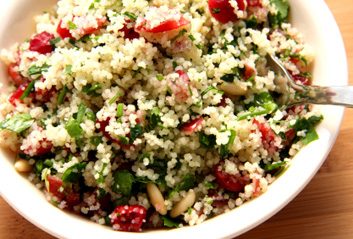
5. Which food has more protein?
a) Couscous
b) Quinoa
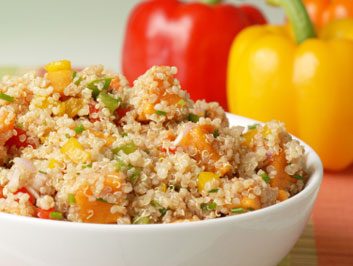
Answer: Quinoa
Quinoa, a nutritious seed from South America, delivers more protein per serving than couscous (eight grams per cup vs. six grams per cup) and can be easily substituted at mealtime. Its protein content is very high, making it a great choice for vegetarians and vegans. In fact, with all nine essential amino acids (including hard-to-get lysine), quinoa is considered a complete protein. (Most plant foods are incomplete sources of protein, so they have to be mixed and matched to provide all essential amino acids.)
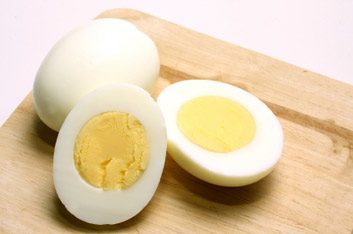
Which food contains more omega-3 fatty acids?
a) Omega-3-fortified eggs
b) Tuna
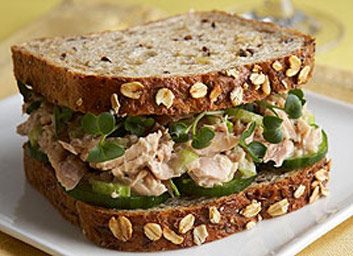
Answer: Tuna
Fish is still the best food source of omega-3s, specifically DHA and EPA, the two heart-healthy omega-3 fatty acids we most need in our diet. A 3-oz. serving of light tuna contains 40 mg EPA and 190 mg DHA.
On the other hand, omega-3-fortified eggs are usually produced by feeding a diet of ten to 20 percent flaxseed to hens. The end result is an egg that contains about 40 mg of ALA, which may not be as beneficial to our health as the other omega-3s.
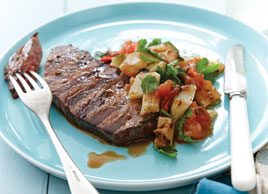
Which food has more vitamin B12?
a) Steak
b) Oysters
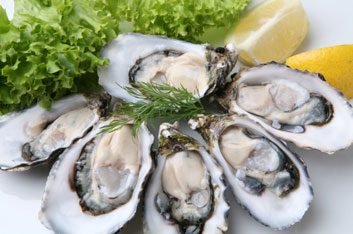
Answer: Oysters
Animal products are your best source of vitamin B12, but that includes shellfish. Oysters top steak as a source of this vitamin, which is rising in popularity due to some evidence that it may protect against chronic diseases such as stroke, Alzheimer’s disease and depression.
Six raw, farmed oysters (or 3 oz.) contain 14 mcg of B12. A prime 3-oz. piece of sirloin contains 1.5 mcg. Strict vegetarians will have to get their B12 from fortified foods, including breakfast cereals, which are usually fortified so you’ll receive 100 percent of the daily recommended value of B12 per serving.
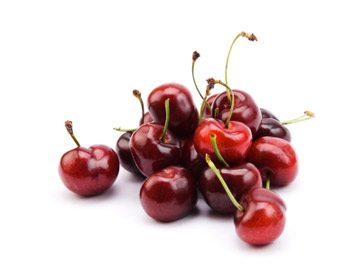
8. Which food has the most antioxidants?
a) Artichokes
b) Cherries
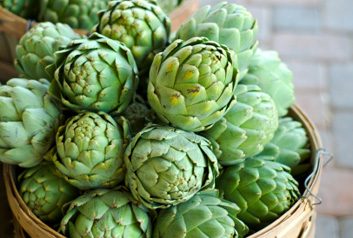
Answer: Artichokes
Although cherries are touted as a superfood, artichokes pack a lot more antioxidant power. Surprisingly, cooked artichokes have ORAC values-a measure of antioxidant activity-about three times higher than fresh cherries.
Related:
• Quiz: How much do you know about antioxidants?
• 7 nutrients that fight fatigue
• 10 quick tricks for eating better
